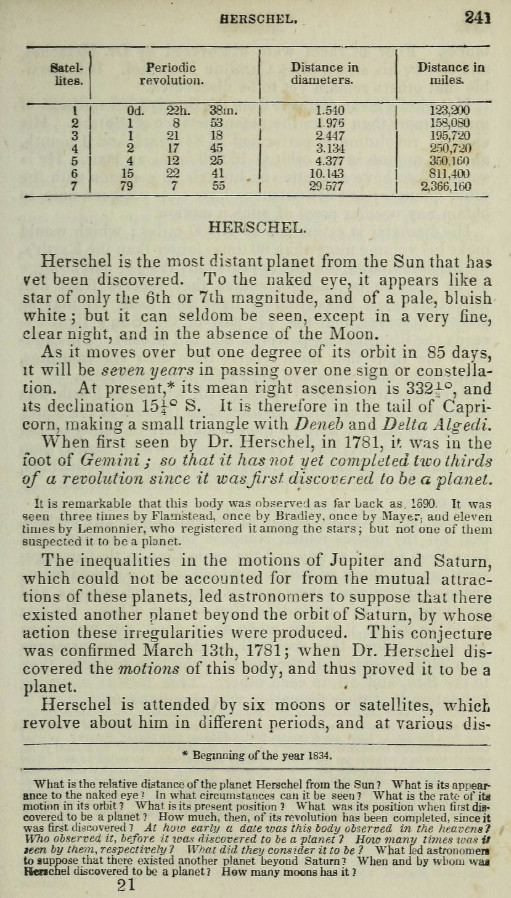With streaming video binging has become particularly easy today. This Christmas we watched all of the Die Hard movies, for example. Last year, on Boxing Day, we, of course, watched all of the Rocky movies.
For 2020 I’m planning on trying something a little difference. I’m aiming to read the complete works of Shakespeare, all the comedies, tragedies and histories, all the sonnets, even all the weird odds and ends, e.g., the metaphysical poem, “The Phoenix and the Turtle.”
I’ll be following the reading plan described at the Shakespeare 2020 Project, which generally follows the chronological order of the Riverside Shakespeare edition, with a couple of modifications to align certain plays with the calendar. For example, the reading plan starts with Twelfth Night, aligning it with that holiday, also called Epiphany.
I think I’ve read around 2/3 of the plays already. It will be good to revisit old friends and get to know some knew ones. I’ve barely dipped into the sonnets before, and I’m particularly looking forward to spending some time with them.

